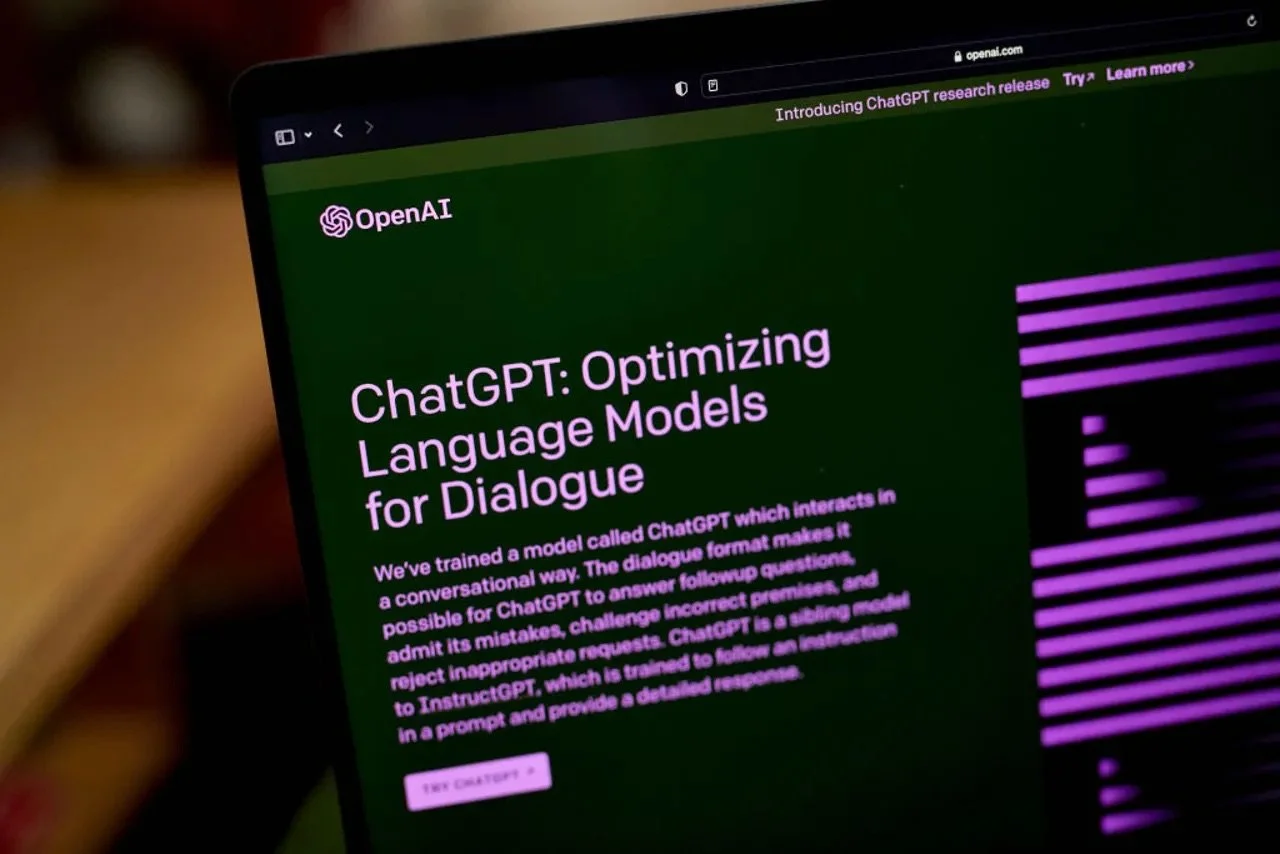The Future of AI in the Advertising Industry
Image Courtesy: ZDNET
For most readers, the words artificial intelligence (AI) have entered our vocabulary increasingly in the past few months. New AI services continue to be developed, and large corporations all want to participate. The idea of AI can be intimidating to some, while to others, it can feel like an exciting new opportunity. In advertising, AI’s role has not been established yet due to its novelty. Studies have been done to understand both sides of this hotly contested question, but AI’s role in this industry remains up for debate.
The Rise of ChatGPT
ChaptGPT was launched in November of 2022 and is owned by OpenAI. Although it has had incredible growth, ChatGPT has not been completely embraced by the tech community. Tech mogul and billionaire Elon Musk, for example, used to have a stake in the company but has distanced himself after feeling like ChatGPT did not align with his previous vision. It seems odd that Musk did not want to associate with the company due to its rapid growth in the tech world. If you look at his past involvements, he always appears to have an interest in cutting-edge technology. However, Musk has spoken adamantly about his concerns for ChatGPT. He is worried that AI is not safely regulated and has described it as being a risk to civilization.
Even though some of the tech community has strayed away from ChatGPT, it has proven to other investors that it is a successful company after reaching 1 million users shortly after its launch. Thus, ChatGPT has become the fastest-growing app in the world. It has also surpassed its rivals such as Microsoft and Google, who have been creating their own AI services.
Can Advertising Accept AI?
Seeing ChatGPT’s growth rate forced me to consider how it would affect the advertising industry and my potential future in this field. My observation is that most people in the ad industry pride themselves on coming up with a creative idea or having a strategy to help the idea come to fruition. Regardless of their role, many advertisers have a sense of individuality in their work. So when an AI service enters the picture, it can feel scary. If someone has spent their career generating content or doing research, and now it can be done by a computer program, it makes them question their purpose in the workplace.
However, AI can provide some benefits to the ad industry without stripping away creativity. Research for the client may become more streamlined with the help of AI. For example, it could track data after ads are released. In addition, small agencies with tighter budgets could also see benefits from AI to reduce labor costs. AI may become a point of reference for agencies; it will collect information from various sources, but humans need to understand and build upon the information to move forward.
Although there are some benefits to implementing AI, there are still drawbacks that cannot be ignored. AI collects information that already exists, so it cannot come up with a new idea, and there will never be a groundbreaking or novel idea generated through AI. In the ad industry, those original works are necessary for companies to set themselves apart from their competitors. In addition, AI is not capable of emotional intelligence nor has the emotional capacity to understand the needs and wants of clients. Oftentimes, an agency-client relationship requires nuance, and AI is not able to provide that as well as humans.
Benefits and drawbacks aside, as we move forward into the future of AI, it should not be feared, as it can be a helpful tool to supplement our skill sets. Humans also have one thing AI is not able to fully replicate: empathy. Although an AI service may be able to read articles and understand the concept, it will never be able to have the empathic relationship shared between two people. From my reflection, that is what sets human advertising apart–our innate ability to understand the wants and desires of others.
Summer Brainin


